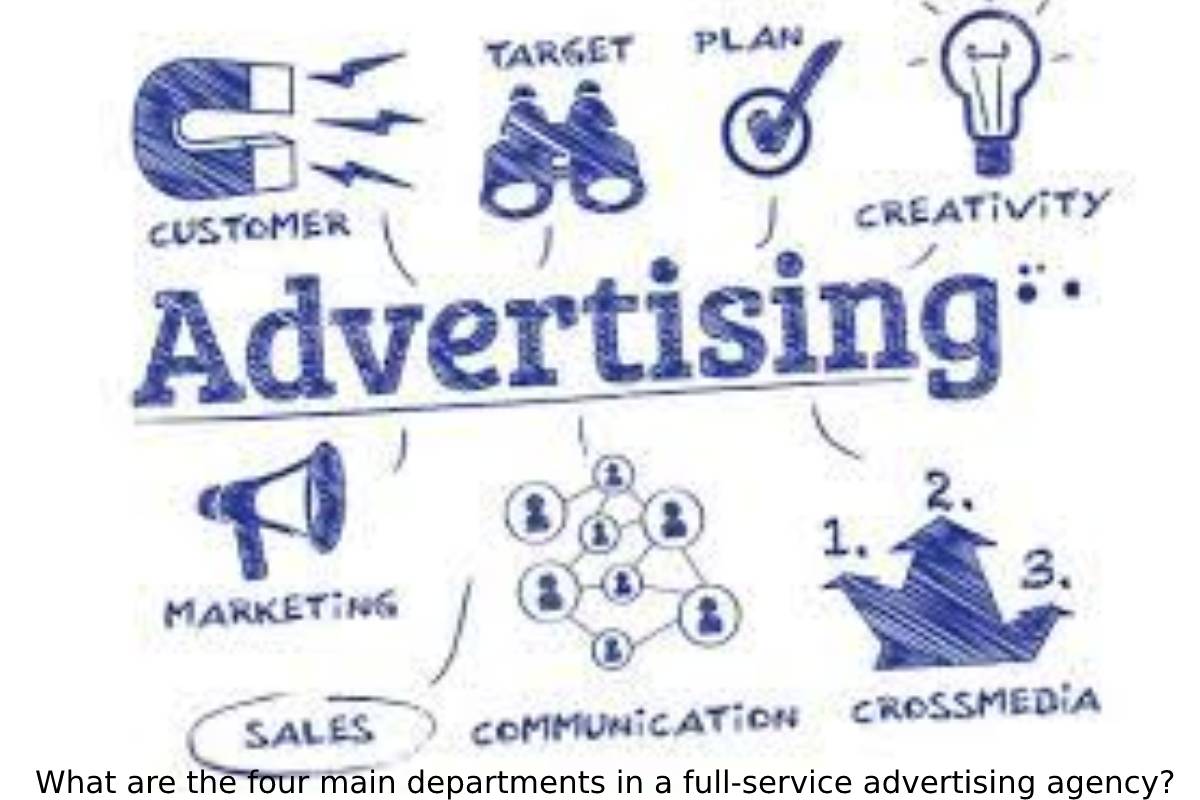If you’re curious about the inner workings of a full-service advertising agency, here’s a breakdown of the four central departments you’ll find there. Whether you’re an aspiring ad professional or just interested in how marketing works, this information will give you a better understanding of what goes on behind the scenes.
Table of Contents
How does a full-service advertising agency work?
Full-service advertising agencies offer a comprehensive range of services to their clients. It includes everything from developing advertising campaigns to planning and buying media space. The agency will also typically handle all aspects of production, including copywriting, translating, art direction, design.
A full-service advertising agency size can vary greatly, but they typically have a team of account managers, creatives, media planners, and researchers. The agency will also usually have a dedicated production team to handle all aspects of campaign execution.
What are the four main departments in a full-service advertising agency?
The four main departments in a full-service advertising agency are creative, account management, media planning, and research. These teams develop strategies and execute campaigns that meet the client’s objectives. Each department has its area of expertise, which contributes to the agency’s overall success.
What does each department in a full-service advertising agency do?
Creative
The creative department is responsible for generating the ideas that will ultimately be used in an advertising campaign. It includes everything from developing the initial concept to writing copy and designing visuals. The team works closely with the account management department to ensure that the final product meets the client’s objectives.
Account management
The account management department is responsible for maintaining relationships with clients and ensuring their needs are met. This team works closely with the creative department to develop strategies and execute campaigns that meet the client’s objectives. They also handle day-to-day communication with the client, which means they must manage expectations effectively.
Media planning
The media planning department is responsible for planning and buying advertising space. This team works with the account management and creative departments to develop strategies to reach the target audience. They also negotiate with media outlets to get the best rates for their clients.
Research
The research department is responsible for gathering data that you can use to inform strategic decisions. It includes everything from conducting surveys to studying consumer behaviour. The team works closely with all other departments to ensure that the data is being used to benefit the client.
What are the benefits of working with a full-service advertising agency?
Working with a full-service advertising agency has many advantages.
First, the client can be confident that professionals handle all aspects of their campaign. It includes everything from strategy development to media buying and production.
Second, the agency can provide a comprehensive range of services and skills that the client might not have in-house. It is especially advantageous for small enterprises or start-ups that lack the internal resources to launch a comprehensive advertising campaign.
Finally, working with a full-service advertising agency can save clients time and money. Instead of managing multiple vendors, the client can rely on the agency to coordinate all aspects of the campaign. It can free up the client’s time to focus on running their business.
What are some of the disadvantages of working with a full-service advertising agency?
There are a few disadvantages to working with a full-service advertising agency.
First, the cost of working with an agency can be higher than working with individual vendors. It is because the agency will typically mark up the cost of their services as it is how they make a profit, and the mark-up is also due to their expertise in the field.
Second, the client may not have a personal relationship with the people working on their account. It can be disadvantageous if the client wants or needs to develop a close working relationship with their agency or how their products are being promoted.
Nonetheless, the benefits of working with a full-service advertising agency far outweigh the downsides, and many who work with professional advertisers have only seen their ROI grow over time due to the expertise and experience of outsourced advertising teams.
Conclusion
When deciding whether to work with an international advertising agency, the client should consider their objectives and budget. An agency is a good option if the client is looking for a comprehensive campaign managed by professionals. However, if the client wants more control over the creative process or wants to save money, working with individual vendors may be a better choice.



